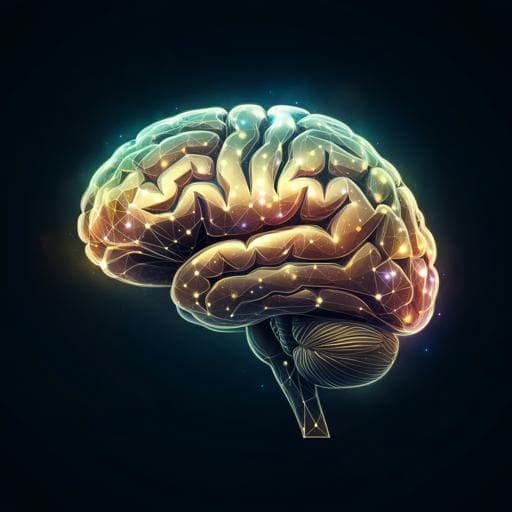
Psychology
Neural and behavioral markers of inhibitory control predict symptom improvement during internet-delivered cognitive behavioral therapy for depression
M. Thai, E. A. Olson, et al.
This groundbreaking study by Michelle Thai and colleagues delves into the impact of inhibitory control on the effectiveness of internet-based cognitive behavioral therapy for major depressive disorder. Discover how stronger baseline inhibitory control is linked to reduced symptoms and better treatment outcomes. Don't miss these fascinating insights!
~3 min • Beginner • English
Related Publications
Explore these studies to deepen your understanding of the subject.







